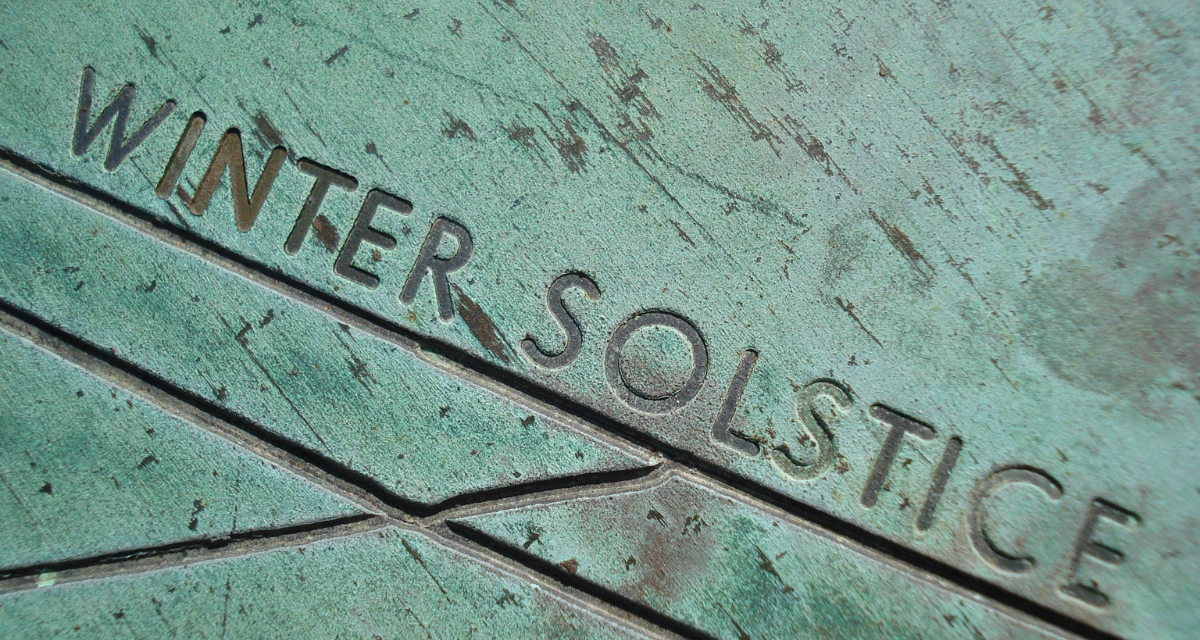Holiday lights may be aglow, but the celestial event marking the onset of winter is imminent – the Winter Solstice 2023, a moment of astronomical importance, gracing the Northern Hemisphere with the shortest day and longest night of the year.
As the clock ticks to December 21, 9:27 p.m. CST, the Winter Solstice 2023 officially ushers in the beginning of the coldest season. While meteorological winter commenced earlier this month, this event holds cosmic significance, capturing attention across the globe.
The Winter Solstice occurs due to Earth’s axial tilt, positioning the Northern Hemisphere farthest away from the sun. This celestial alignment grants just under nine hours and eight minutes of daylight in Chicago, symbolizing the peak of darkness in the annual cycle.
However, this event isn’t just about extended nighttime. It’s a pivotal moment in the Earth’s revolution around the sun, marking the transition of the sun’s path – farthest south for the Southern Hemisphere, where the Summer Solstice takes place.
Contrary to assumptions, the Solstice does not necessarily mean the earliest sunset or the coldest temperatures for Chicagoans. The earliest sunset occurred earlier in December, while temperatures for the Solstice are forecasted to hit surprisingly mild highs in the mid-40s, rising into the 50s over the weekend and the upcoming Christmas holiday.
Moreover, the Winter Solstice 2023 carries more significance than merely the transition to a colder season. It serves as an astronomical demarcation, signaling the start of a gradual increase in daylight length. Post-Solstice, each passing day in the Northern Hemisphere gains more sunlight, leading up to the joyous celebration of the Summer Solstice on June 20, 2024.
Centuries-old civilizations have revered the Winter Solstice, evidenced by architectural marvels like Stonehenge and the Torreon in Machu Picchu, designed meticulously to align with the sun’s trajectory.
As Winter Solstice 2023 approaches, it offers a moment to pause and marvel at the intricate dance of celestial bodies, reminding us of our connection to the cosmos and the cyclical nature of our existence.
This year’s Winter Solstice stands not only as the astronomical commencement of winter but also as a reminder of the beauty and harmony in the cosmic symphony that surrounds us.
Read More: Winter Solstice 2023: Celebrating the Cosmic TransitionMissing British Teen Alex Batty Found in France After 6 Years


[…] Winter Solstice 2023: Celebrating the Cosmic Transition […]